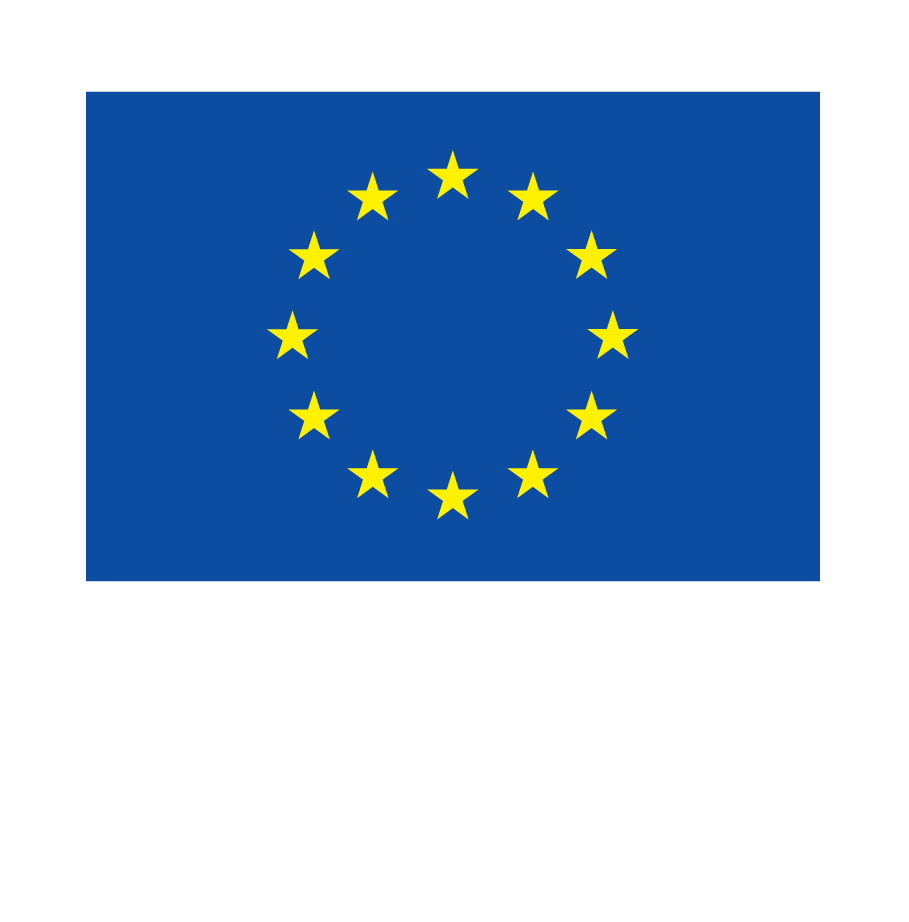Report:
Launching PsyPal; Pioneering psilocybin therapy in palliative care
On 9th April 2024, the PsyPal project, funded by the European Union, which explores the use of psilocybin in palliative care, was successfully launched. The event took place at the European Parliament in Brussels, kindly hosted by MEP Cyrus Engerer at the European Parliament and was organised under the auspices of the MEP Interest Group on Brain Health and Neurological Conditions, along with the MEP Action Group for the Medical Use of Psychedelics.
Over 300 people registered to attend the launch in person or virtually. The following MEPs joined in person: Radka Maxová (S&D, Czechia), Sara Cerdas (S&D, Portugal), Tomislav Sokol (EPP, Croatia), and Tilly Metz (Greens/EFA, Luxembourg). Event’s moderator Dr Joost Breeksema, Executive Director of the OPEN Foundation, welcomed everyone present and gave background on the project. Dr Breeksema highlighted the launch of PsyPal as an important event, noting it as the first European Union-funded clinical research into psychedelics through Horizon Europe. He pointed out that PsyPal aims to address significant gaps in palliative care by studying the effects of psilocybin-assisted therapy on patients with progressive diseases. He discussed the scientific, legal, and regulatory aspects of this psychiatric research and its potential implications for the future of mental health.
Dr Breeksema also emphasised the project’s extensive European collaboration, involving 19 partners from nine member states, showcasing its multinational and multidisciplinary nature. Before introducing the next speaker, Professor Robert Schoevers, Head of Psychiatry at the University Medical Centre Groningen and Principal Investigator of PsyPal, Dr Breeksema underlined the broad cross-party support for the meeting, which includes major groups in the European Parliament, such as the European People’s Party, the Progressive Alliance of Socialists and Democrats, and the Greens/European Free Alliance.
Prof. Robert Schoevers highlighted the severe impact of brain disorders, which affect nearly 200 million Europeans and are a top cause of disability. He noted the promising potential of psychedelics, with the EU increasingly recognising the potential of psilocybin and MDMA to treat mental and neurological conditions, particularly for treatment-resistant cases starting in young adults, as studies are showing positive results in addressing the significant unmet needs in mental and neurological healthcare.
Prof. Schoevers deep-dived into the PsyPal project, detailing plans for a large, multi-site, double-blind trial to examine end-of-life distress, defined by significant depressive symptoms, in collaboration with 19 partners, including clinical, academic, and patient organisations. The project will focus on public and patient involvement in knowledge translation. He emphasised the critical role of EU public funding in supporting this initiative.
In a powerful testimonial, Dr Lauren Macdonald, a Psychedelic Trial Doctor and Therapy Guide from Imperial College London shared her experience as a stage four cancer patient receiving psilocybin therapy. Dr Macdonald described how the treatment significantly aided in managing her anxiety related to her cancer diagnosis, assisting her in overcoming her fears.
In his presentation, distinguished member of the European Association for Palliative Care in Prague Czechia, Martin Loučka, spoke about the unmet needs in palliative care. Prof. Loučka discussed the frequent encounters with patients experiencing anxiety, depression, and the need for meaningful moments, underscoring the significance of projects like PsyPal. He highlighted that PsyPal is well-structured, utilises robust methods, and involves an international team skilled in handling vulnerable populations. He stressed the importance of meticulous research to guarantee the interventions’ safety and efficacy, particularly in such a sensitive field, and noted that the project also addresses conditions beyond cancer.
The topic of Meaningful Patient Involvement in R&D was addressed by Dr Orla Galvin, Executive Director of the European Federation of Neurological Associations (EFNA), who stressed the critical role of patient participation in each phase of research. She noted that the design and purpose of patient involvement vary at different stages and underlined its necessity, benefits, and significance. The presentation emphasised that such participation not only provides researchers with direct insights into the condition but also empowers patients, enhancing the overall research process.
Dr. Els M.L. Verschuur of Long Alliantie Nederland delivered a detailed presentation on the involvement of patients with severe COPD. This life-threatening and unpredictable disease ranks among the top three causes of death globally. She emphasised the critical importance of patient involvement in managing this condition.
Tadeusz Hawrot, Founder and Executive Director of the Psychedelic Access and Research European Alliance (PAREA) discussed legal and regulatory considerations for psychedelic therapies. He emphasised PAREA’s goal of safely and ethically integrating these therapies into mainstream healthcare, ensuring accessibility through trusted local doctors and insurance coverage. Highlighting data from the OECD and WHO, Hawrot noted the stagnant improvement in mental health globally and advocated for innovative strategies, including a European mental health R&D hub and a multidisciplinary advisory board to foster safe and equitable access to these therapies across the EU.
Following the presentations, Members of the European Parliament Radka Maxová (S&D, Czechia), Sara Cerdas (S&D, Portugal), Tomislav Sokol (EPP, Croatia), and Tilly Metz (Greens/EFA, Luxembourg) provided their insights and perspectives on the topics discussed.
In her closing remarks, MEP Radka Maxová (S&D, Czechia) highlighted the importance of clinical studies, advocating for EU-level discussions on psilocybin therapy in palliative care. She emphasised the necessity of rigorous clinical trials and professional training to ensure the safety and efficacy of therapies. Maxová also noted the EU’s critical role in public education and destigmatisation, advocating for increased awareness of psilocybin’s therapeutic potential. She concluded by expressing hope that the healthcare system would continue to embrace innovative treatments like psilocybin therapy in future mandates.
In her address, MEP Sara Cerdas (S&D, Portugal) highlighted the alarming epidemiological numbers related to mental health conditions globally, noting a decrease in stigma surrounding these discussions. She emphasised the ongoing need for dialogue and support, reflecting on the parliament’s role in advocating for increased funding and research through initiatives like the mission in mental health. MEP Cerdas also mentioned the recent approval of the European Health Database and its upcoming discussion in the Plenary, underscoring the EU4Health program’s impact and the broad stakeholder support essential for advancing health initiatives.
MEP Tomislav Sokol (EPP, Croatia) reported that healthcare, initially a peripheral topic in Brussels, gained significant attention during the COVID-19 crisis, which led to initiatives such as the mental health report prompted by parliamentary advocacy. However, he noted that post-pandemic, healthcare’s prominence has diminished, overshadowed by the energy crisis and international conflicts, thus underscoring the need to maintain momentum in healthcare discussions. Sokol emphasised the critical need for adequate budgets to support a robust common European health policy and highlighted the significant untapped potential in health research, stressing the importance of both funding and data.
MEP Tilly Metz (Greens/EFA, Luxembourg) expressed satisfaction with the European Union’s decision to allocate funding towards a well-designed study that meets the criteria of evidence-based science. She noted the importance of the study in the context of the ‘psychedelic renaissance,’ which positions psychedelics as promising treatments for mental and neurological disorders, including multiple sclerosis. Highlighting the necessity of careful regulation, Metz emphasised that as we progress in medical research, the development of a balanced regulatory framework focusing on safety is crucial, underlining the value of such rigorously designed EU-funded studies through Horizon Europe.
In the session’s closing remarks, Frédéric Destrebecq, Vice-Chair of PAREA and Executive Director of the European Brain Council extended his gratitude to all speakers and MEPs. He provided examples of recent advancements in research and funding but emphasised that significant efforts are still needed to improve patient access and to establish a clinical environment conducive to the success of new therapies, highlighting the importance of continuing these efforts in the upcoming mandate.



